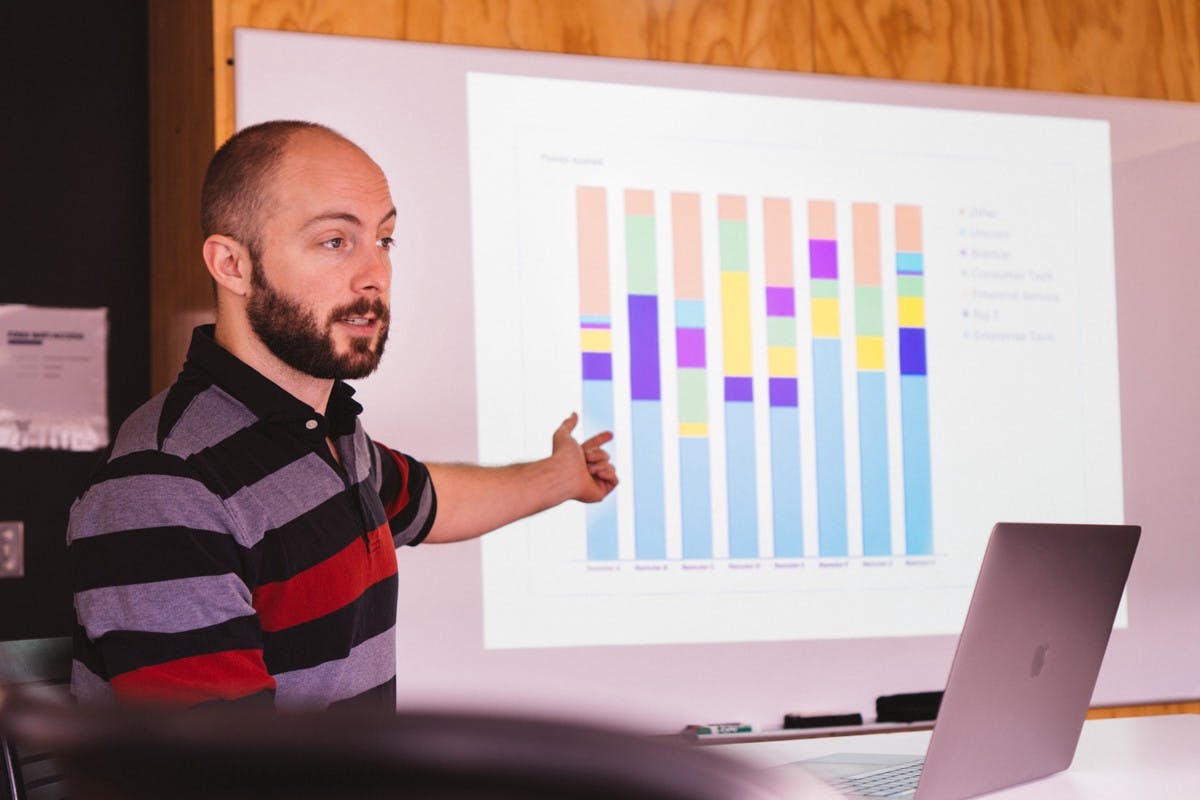1,247 reads
Consistency is Key: The Beginner’s Guide to Predictive Technical Interviews
by
February 11th, 2019
Comments
TOPICS
THIS ARTICLE WAS FEATURED IN
Related Stories
104 Stories To Learn About Hr
Oct 28, 2023
104 Stories To Learn About Hr
Oct 28, 2023

